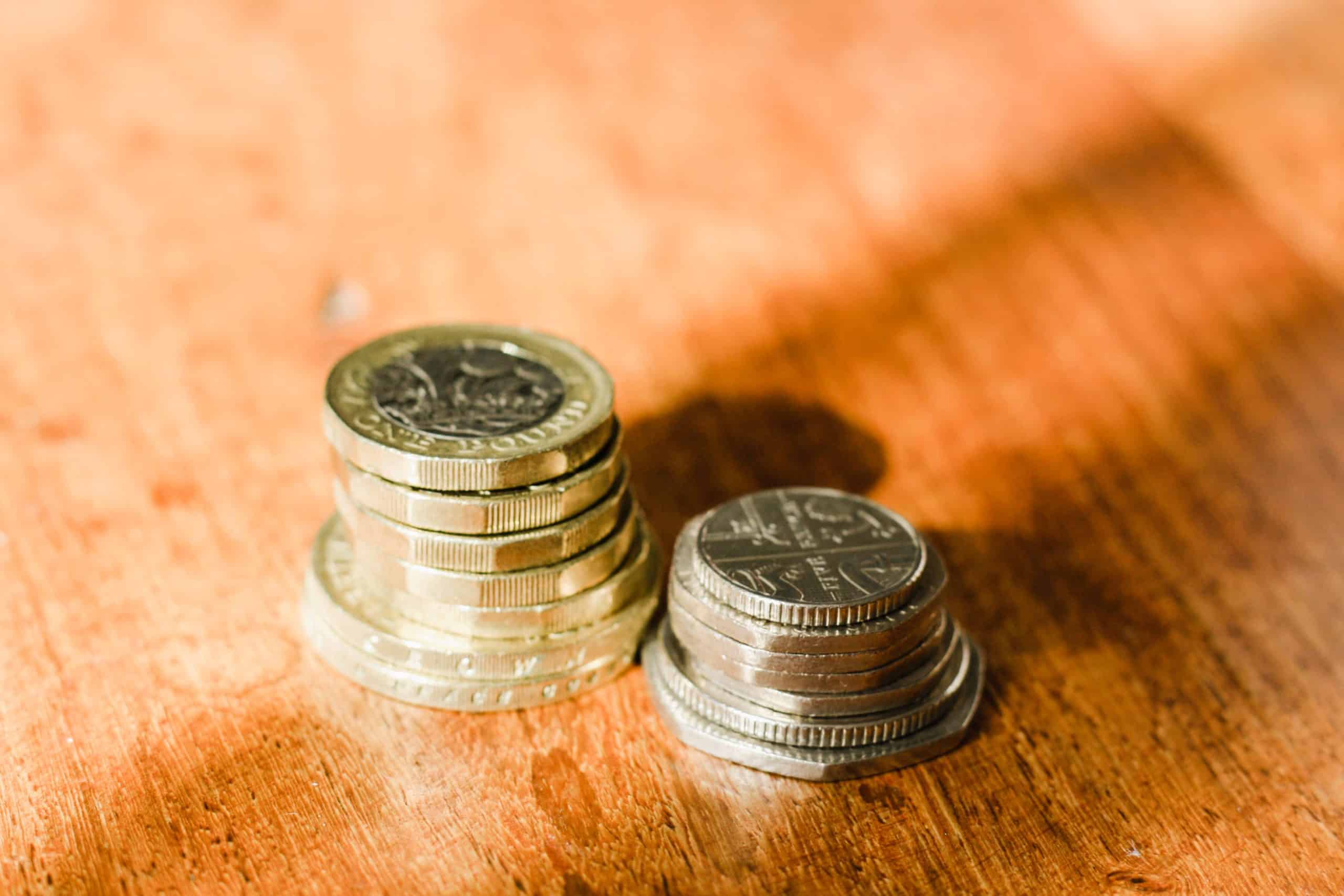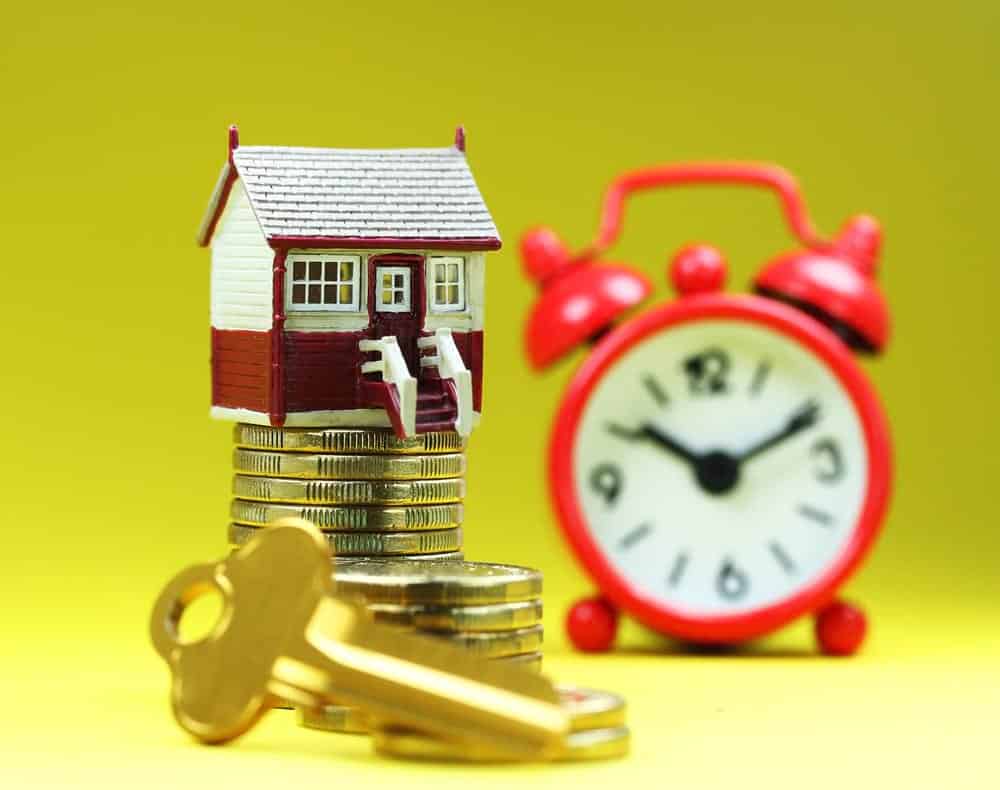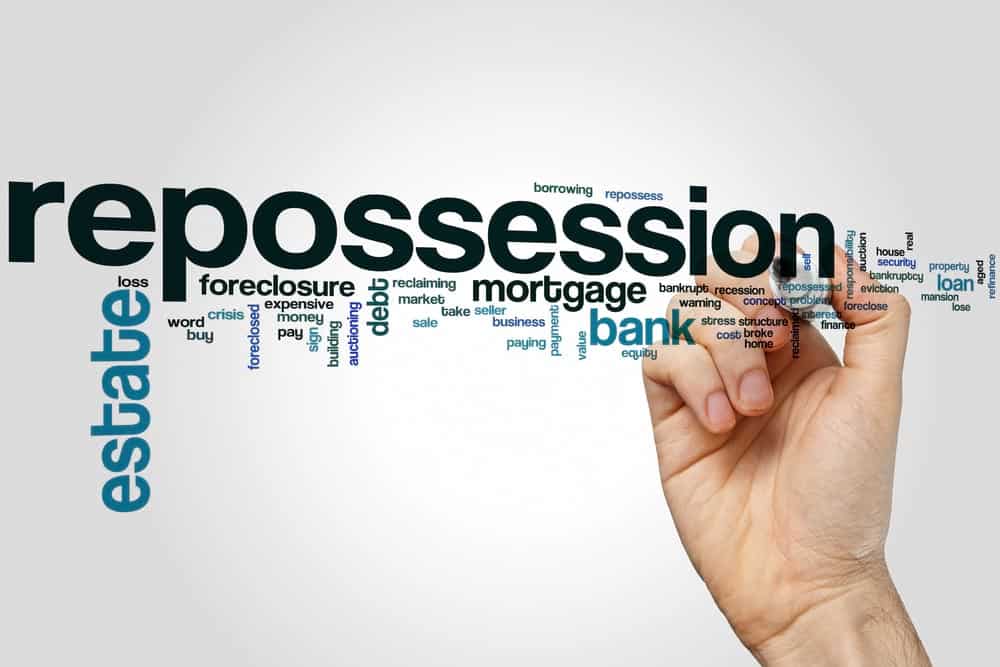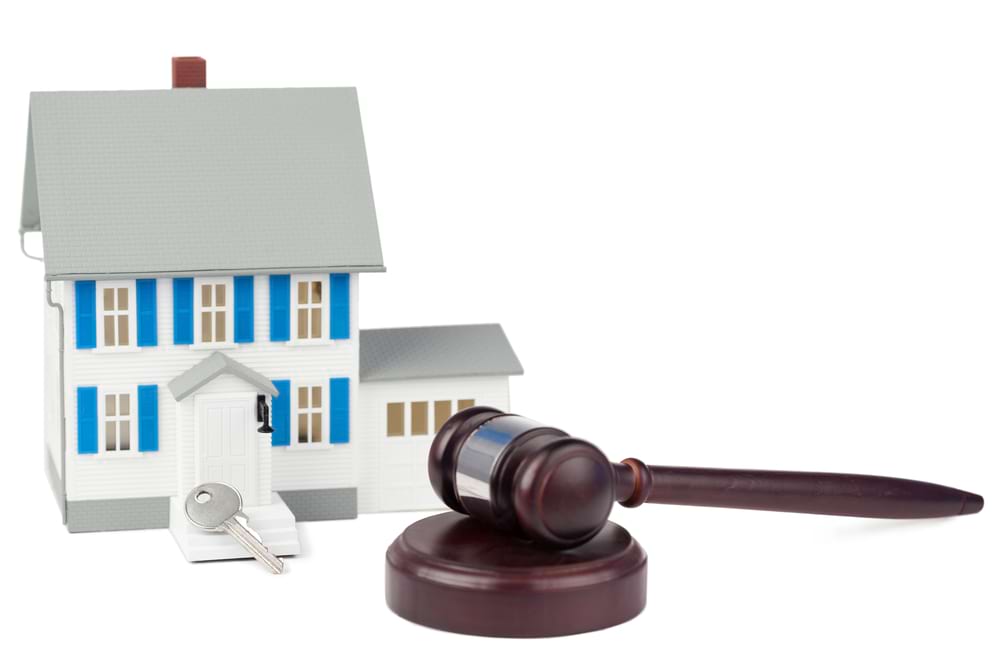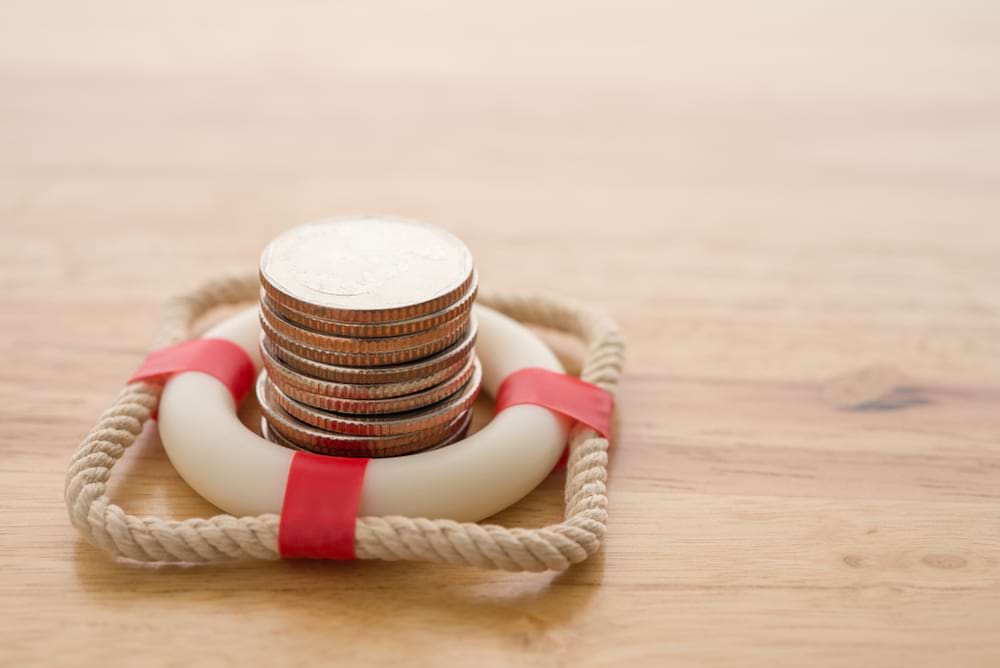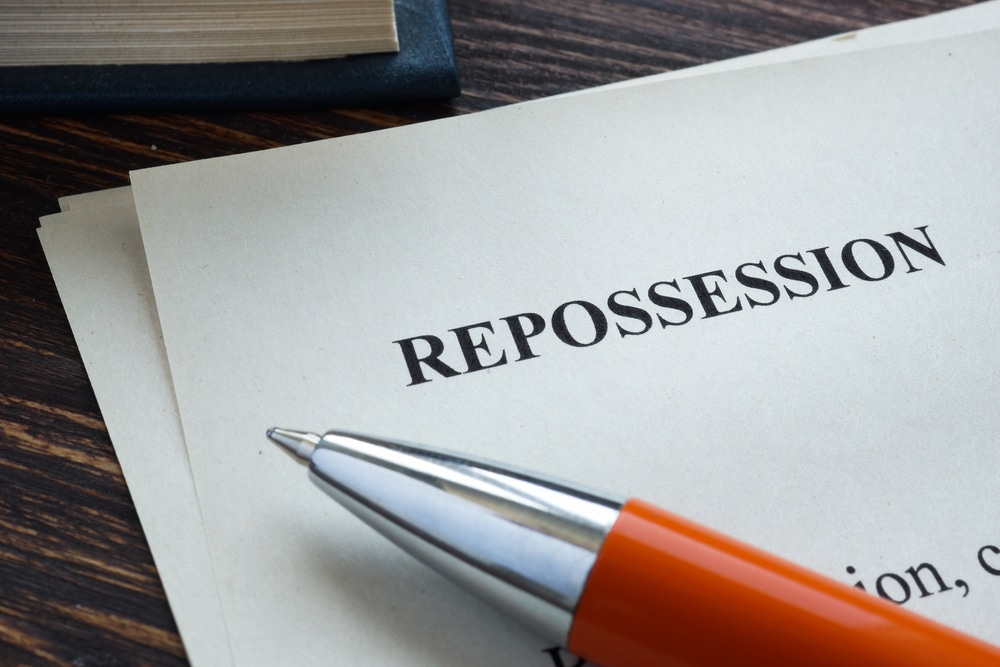When you want purchase a property, your credit score matters.
So, you may wonder if you can get a mortgage with bad credit.
Read on to understand more about this important issue.
What is a credit score?
Your credit score measures how likely you are to repay a loan on time.
It is calculated based on past information from your credit reports, including:
- Any current unpaid debt
- Your bill-paying history
- How many loan accounts you have (and the type of them)
- Whether you have gone through bankruptcy, foreclosure, or something similar.
These details give mortgage lenders a clear idea of how reliable you are with paying back loans.
An excellent credit score can translate into a better offer from a mortgage lender. A poor credit score can cause you to struggle to get a mortgage.
What is considered ‘bad credit’?
Different mortgage lenders have varying interpretations of what constitutes a ‘bad’ credit score.
As a general rule: the lower your score, the worse your credit is.
Therefore, on the typical scale of 300 to 850, you want to be as high as possible.
In this case, anything below 600 would generally be considered a low credit score.
You should note that some credit reference agencies use different scoring systems so that the scale may vary.
Can you get a mortgage with bad credit?
Yes, you can get a mortgage with bad credit – but finding a mortgage lender willing to give you one may be more challenging.
You may also experience higher interest rates on your loans due to bad credit.
It is harder to get a mortgage when you have bad credit, because it indicates that you are less likely to repay all your loans.
This makes you more of a ‘risk’ for a mortgage lender.
If you have a bad credit score and you apply for a mortgage, it may take longer than usual.
A mortgage lender will want to see evidence of your finances, enabling them to make an informed decision about whether you can repay a mortgage.
Some lenders look beyond your credit score to assess your situation even if you have bad credit.
Steps you can take to increase your credit score
There are many ways you can increase your credit score. Doing these over time helps build up your accounts.
1. Build a credit history
If you have little or no credit history at all, then it is likely that you will be given a lower score.
You should try to build a credit history – and make sure you always pay back loans.
2. Utilise your credit
You should always aim to use less than 30% of the credit limit provided on your card.
A potential mortgage lender will look at your credit utilisation to get a clearer sense of your spending habits, and how you manage your available credit.
3. Check your report
Your credit report is essential, as it determines your credit score, so any mistakes can negatively impact you.
4. Set up direct debits
Setting up direct debits from your current account can ensure your repayments are always paid on time, helping to boost your credit score.
5. Join the electoral roll
Something as simple as joining the electoral roll can positively impact your credit score.
